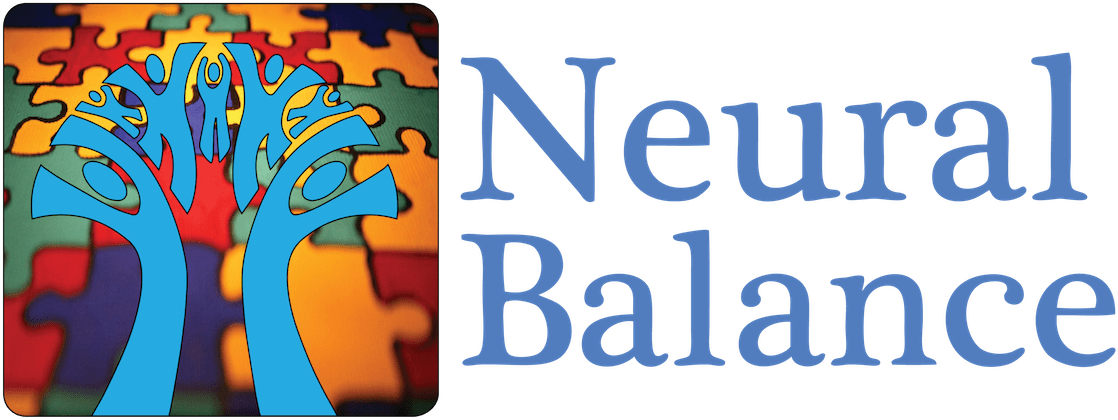
Everyone experiences some form of social anxiety at some point in their lives. But for some people, the stress produced by social interactions can be overwhelming to the point of hurting their lives. While many of us have instances of feeling afraid of being judged by others, self-conscious in certain social situations, or even weary of meeting new people, people who suffer from a social anxiety disorder find it challenging to manage their everyday activities.
It is common to feel social anxieties throughout your life; however, if you have been feeling this way for at least six months and find yourself retreating from interactions with friends, family, and colleagues, you may have developed a social anxiety disorder.
What Is Social Anxiety Disorder?
Also called social phobia, social anxiety disorder is a mental health condition that can strike a person at any time, negatively affecting their interactions with other people and impeding daily activities. Social anxiety disorder is an intense and persistent fear of being watched and judged by others. This fear may affect your ability to perform work, attend school, and participate in social events.
What Does It Feel Like To Have Social Anxiety Disorder?
Social anxiety disorder can affect people in different ways. Some people with the disease describe being afraid to answer questions or participate in a classroom setting, while others anguish over meetings with their boss and colleagues. Still, some people with social phobias cannot attend events because their fear of meeting and interacting with new people is all-encompassing.
How Do I Know If I Have Social Anxiety Disorder?
If you are concerned that you may be experiencing a social anxiety disorder, you should consult with your physician to determine your mental health needs. However, social anxiety disorder produces a substantial fear of social situations that separates it from anxiety that you may feel from time to time under typical conditions.
The fear that people with social anxiety disorder have of social situations is so intense that it reaches beyond their ability to control. Even the worry of having social anxiety will keep those who suffer from it isolated as they do not want to experience the fear. If you find yourself self-isolating from others, not participating in activities you once found enjoyable, or obsessively worrying about social scenarios, you may have a social anxiety disorder.
